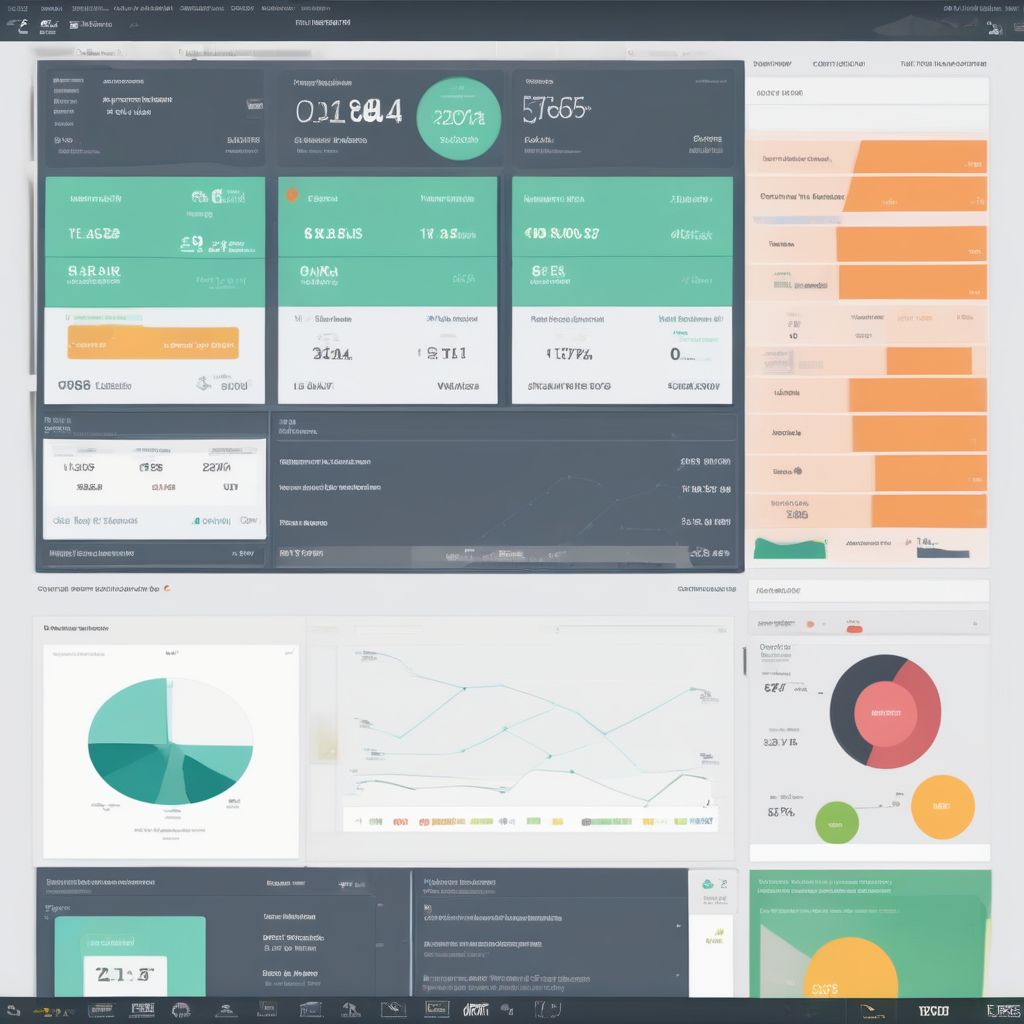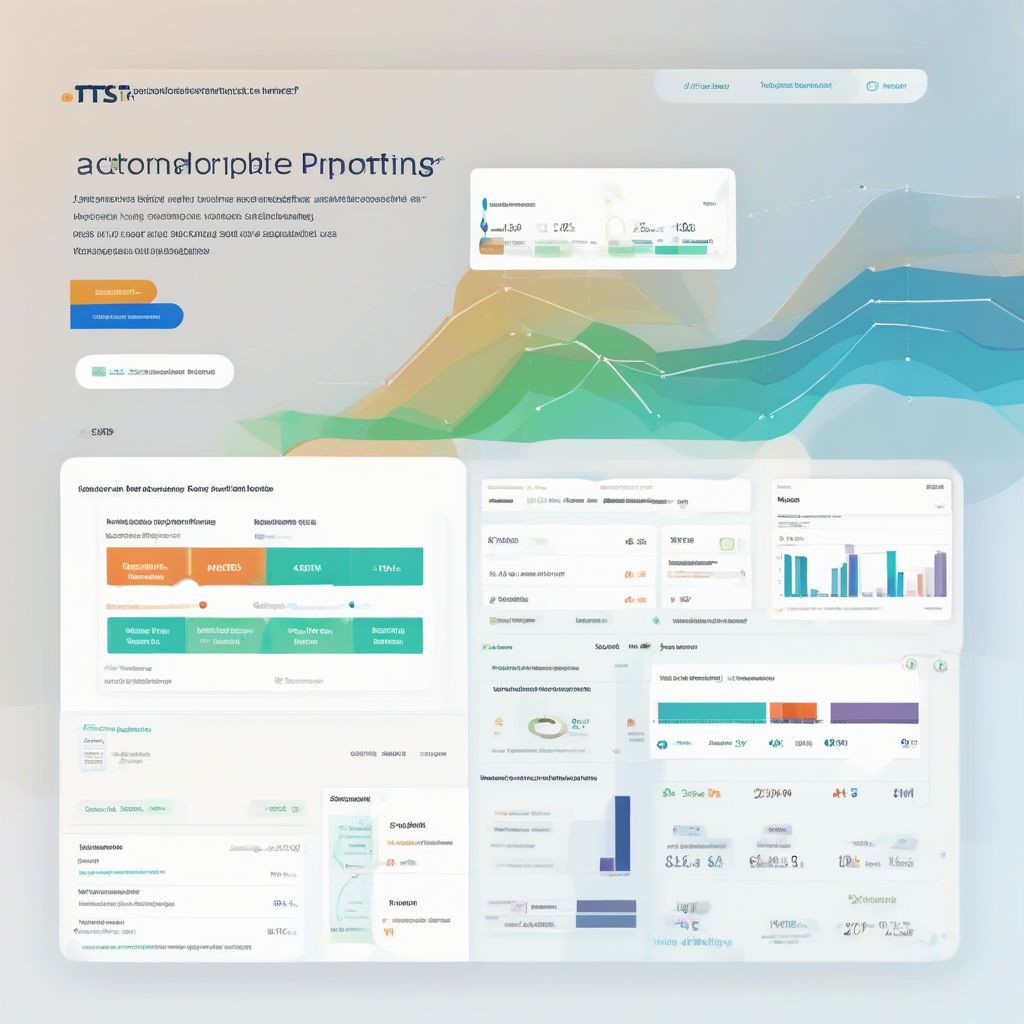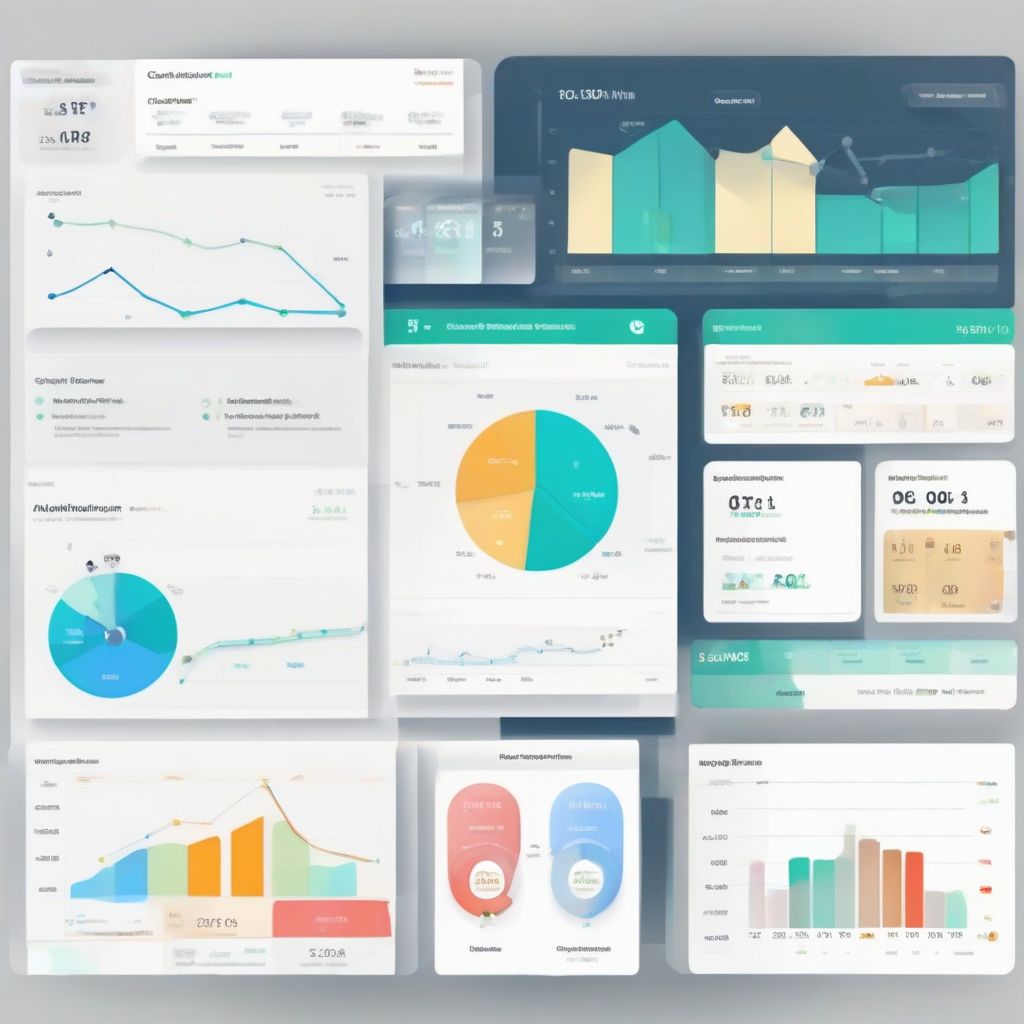In today’s competitive business landscape, fostering strong customer relationships is paramount to success. This is where a robust Company Crm System comes into play. It acts as a centralized hub for managing all your interactions and data, empowering you to build lasting connections with your clientele.
Understanding Company Crm Systems
A company CRM system, short for Customer Relationship Management system, is a software solution designed to streamline and automate various aspects of customer interactions. This includes but is not limited to:
- Contact Management: Storing and organizing customer data, encompassing contact details, communication history, and purchase records.
- Sales Management: Tracking sales opportunities, managing pipelines, and forecasting revenue.
- Marketing Automation: Creating targeted marketing campaigns, nurturing leads, and measuring campaign effectiveness.
- Customer Support: Providing efficient and personalized customer support through ticketing systems, knowledge bases, and self-service portals.
The Importance of a Company Crm System
Implementing a company CRM system can bring forth a plethora of benefits for your business, including:
- Enhanced Customer Relationships: Gain a deeper understanding of your customers’ needs and preferences, enabling personalized experiences that foster loyalty.
- Increased Sales and Revenue: Streamline sales processes, identify opportunities, and close deals faster with improved lead management and sales automation.
- Improved Customer Retention: Reduce churn rate by proactively addressing customer concerns, delivering exceptional support, and nurturing long-term relationships.
- Data-Driven Insights: Gain actionable insights from customer data to make informed decisions regarding marketing, sales, and customer service strategies.
Frequently Asked Questions about Company Crm Systems
- What are some popular CRM software options for businesses?
- Salesforce
- Microsoft Dynamics 365
- HubSpot
- Zoho CRM
- How much does a CRM system cost?
- Pricing varies depending on factors such as the number of users, features required, and deployment model (cloud-based vs. on-premises).
- What are the key features to look for in a CRM system?
- Contact and lead management
- Sales and marketing automation
- Customer support features
- Reporting and analytics capabilities
Conclusion
In conclusion, investing in a company CRM system can revolutionize the way you interact with your customers. By centralizing data, automating processes, and providing valuable insights, a CRM empowers you to build stronger relationships, drive sales, and optimize your business operations for sustainable growth.




